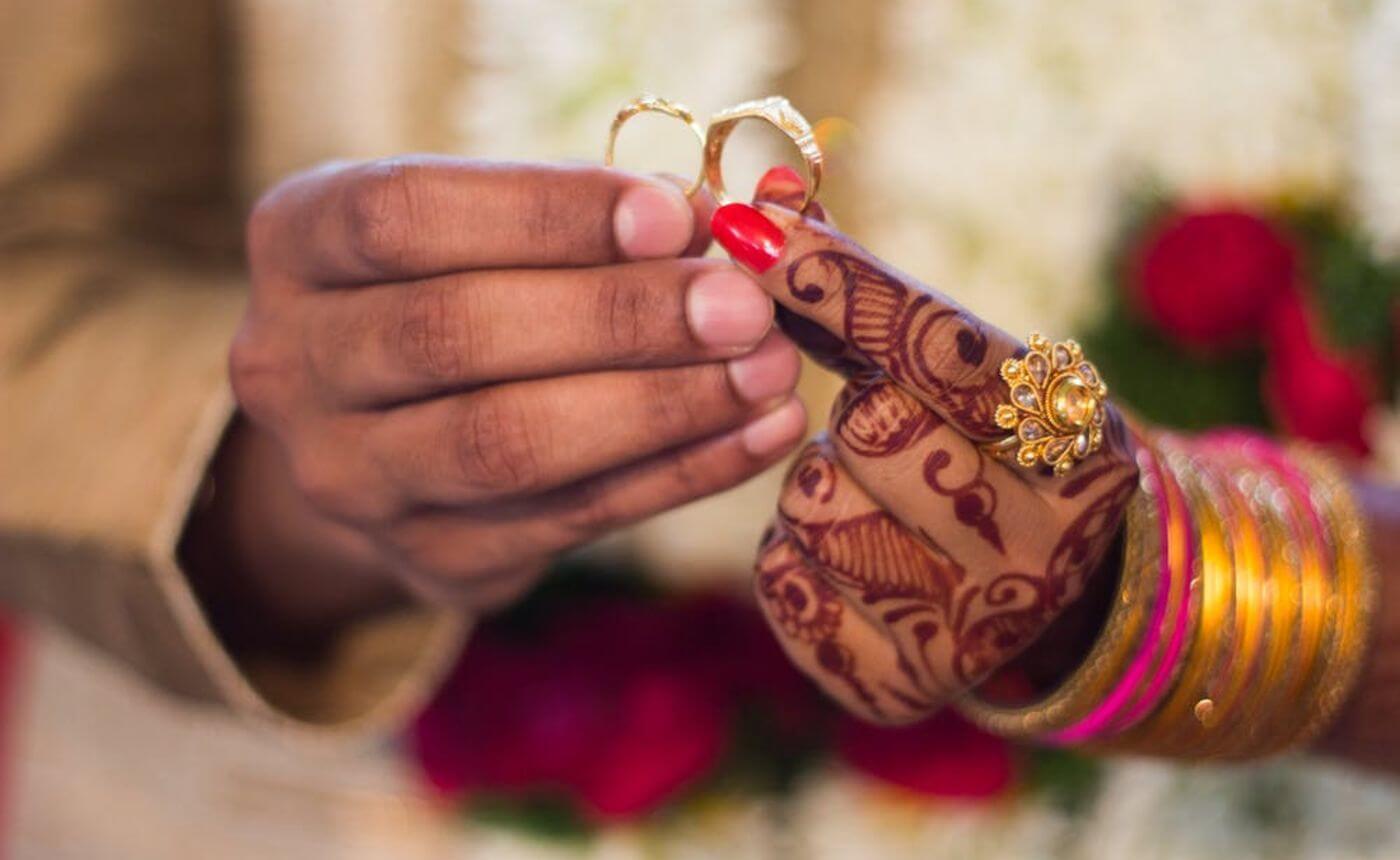Most women can relate to having felt a certain pressure to get married. There have long existed patriarchal norms that tie a woman’s worth to her fertility and youth, and expect those factors to help her find a relationship. The idea that a woman’s worth is tied to her relationship status isn’t new, nor is it unique to a particular culture.
In fact, what can often happen by “othering” this issue as a problem that only other communities have to deal with, often negates the experiences of women who aren’t part of those communities and yet continue to face the pressures of these expectations. The idea that there is a “marriageable age” that defines the perfect time for a woman to settle down, is about far more than the age itself.
The age itself changes depending on where you may be in the world, and what culture you may be a part of but the impact such expectations can have remains largely the same. I grew up in a conservative Pakistani society where a woman’s marriage largely defined the life she would live. Proposals – or rishta’s as we called them – were sent for girls as young as 16, and made up a large part of their young lives. These girls were brought up being taught that a good proposal was perhaps the most important thing that could ever happen to them. Such teachings and norms are not only patriarchal and old fashioned, but also very damaging to a woman’s self esteem because they tell her that her life is only complete once she is tied to a man, who may often not even be of her choosing.
South Asian marriage customs are quite specific to the region, and are often criticised for their controlling nature but they are not the only ones. Monique Montegomery, who is Nigerian-American, shares that within her community, the pressure to get married by 24 or 25 is quite present. By 20, she says that her uncles and aunties would constantly pressure her to settle down while her mother would send her pictures of young eligible men and talk about how happy her friends who had chosen to get married early were. As many women in other parts of the world may testify, both direct and indirect pressures can be equally damaging. Jessie Shedden, a British-Australian motivational speaker, shares her experiences of being trapped in a strict religious cult that she escaped from three years ago.
“I was aware of the pending pressure in my late teens, as many of my peers were already forming alliances with the opposite sex, then by the time I was 26 all my peers had married. What hurt the most was A) There was actually nothing I could do about it as no guy had approached me and B) I could see them getting on with their lives and ‘looking successful’ (little did I realise that was all just outward appearances, some were deeply unhappy in their marriage), while I felt like I’d been left behind.” she shares. In her case, the pressure came in the form of customs that made her feel singled out like how single women were made to be the first to congratulate brides at weddings.
Social entrepreneur Kerry Bannigan also spoke about how familial and social pressure to settle down can twist healthy expectations of your own relationships. “the added pressure from family of marriage makes people feel insecure and in some cases even drives them to depression as they equate it to failure; which is so far from the truth.” she said of seeing her friends wanting to get married and yet not finding the right person, which made them feel like they were inadequate.
A large consequence of teaching women their worth is tied to their husbands is the emotional dependency they form in their relationships. The idea of marriage being the goal of their life is so drilled into their upbringing that they start seeing that relationship as the cause for their own worth, which can in turn make them overlook toxic and abusive actions in favour of staying in the marriage.
So much of this pressure is about control, about the need to convince women that they can never achieve financial and emotional independence which traps countless women in the same cycle for generations, and leads them to believe this is this only way. After all her experiences, Kerry has changed the way she sees these expectations. “I view it as a chapter in the journey that you decide to share and grow with somebody; still pursuing each of your goals and plans for your life.” she says of the role marriage plays in her life – having gotten married at 32 when she felt it was the right time to do so.
Such changes in our thought processes are the first step in a long line of changes that are needed to make sure women don’t fall prey to toxic relationships and low self esteem because they feel like they have no other option.

